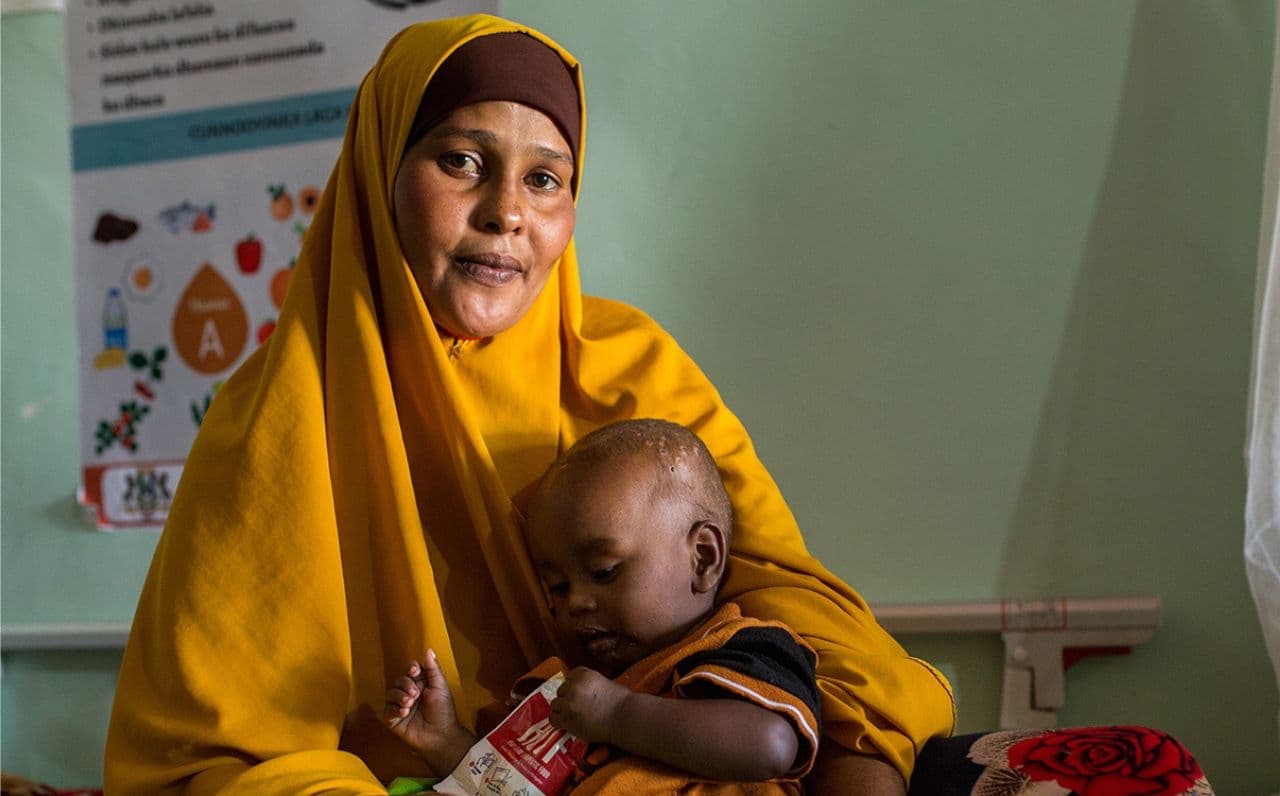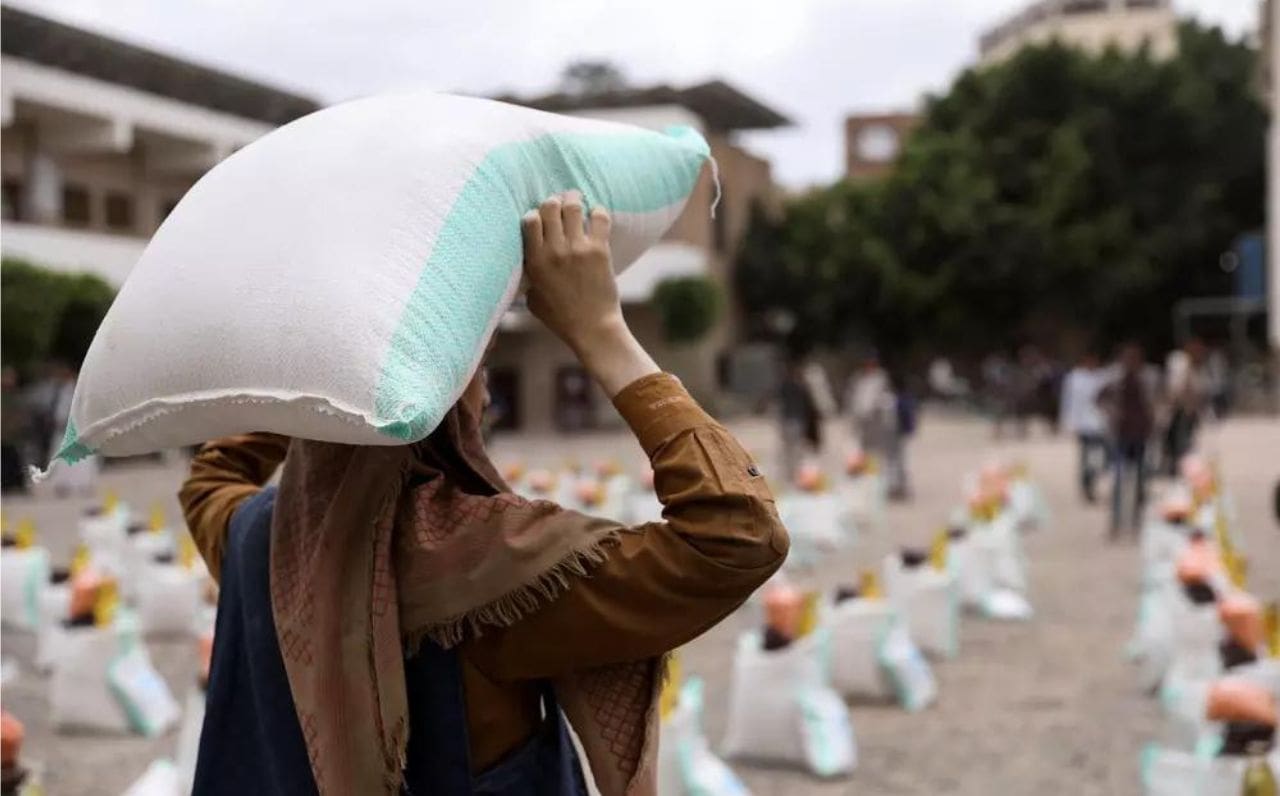Deterioration of life in Afghanistan
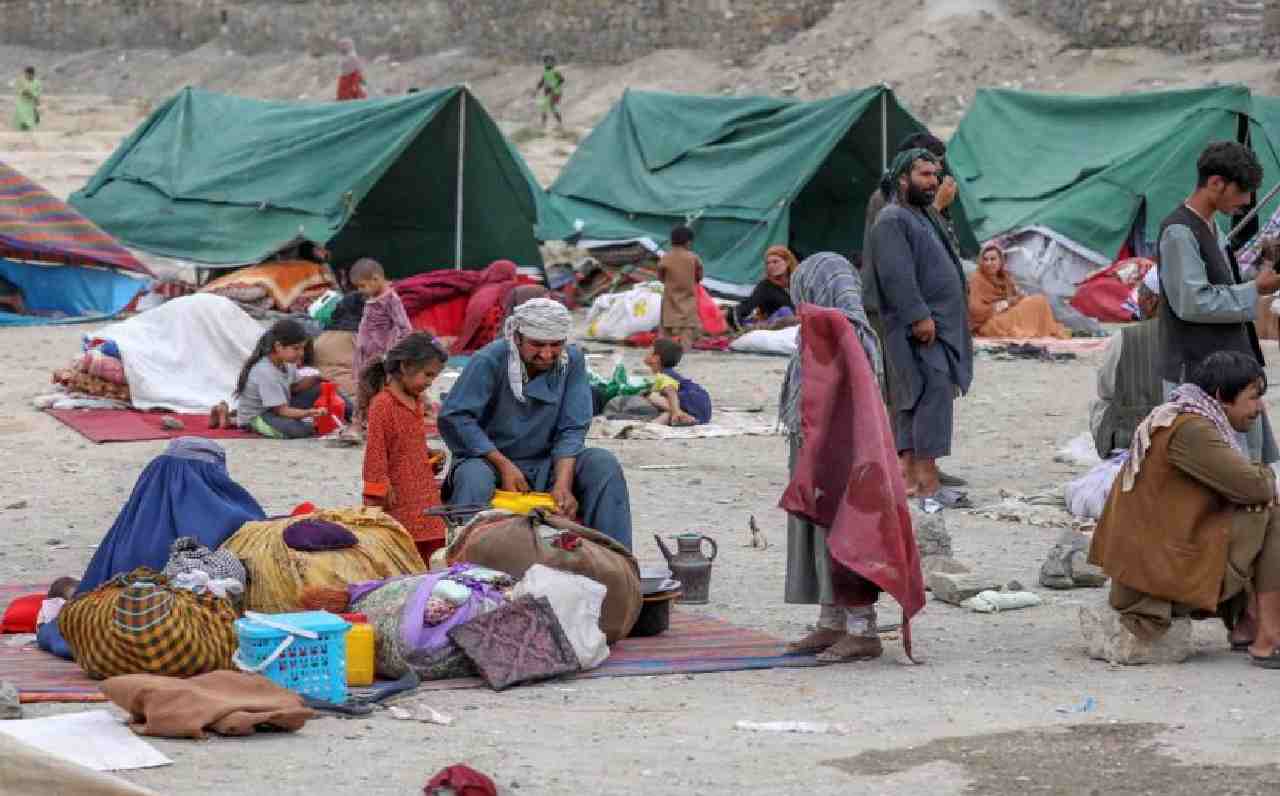
Increasing the number of needy and poor people in Afghanistan.
The humanitarian situation in Afghanistan continues to deteriorate, and nearly two-thirds of the population is having difficulty securing daily access to food. Most Afghans – more than 95% of the country – have been forced to adjust their diet, have a limited supply of quality and fresh ingredients, and lack access to key nutrition. "I have been doing this job for more than 15 years, and I have never encountered a similar situation," says Ahmad Sharif, a local humanitarian worker for People in Need (PIN).
There are several reasons for the country’s food crisis. Since the Taliban assumed power in August, poverty in cities has risen, the banking sector has struggled, civil servants have gone months without pay, the currency has depreciated, and economic productivity has fallen. As many as 3.2 million children under the age of five are malnourished, thin, have a weakened immunity, and face physical and mental development challenges, according to the World Food Programme. To complicate things further, meteorologists predict that next year, Afghanistan is likely to be hit by drought for the second year in a row – and the third in five years.
Fully operational on the ground
With two fully functional offices in the country and several dozen employees operating in the field, People in Need is working to alleviate some of the suffering. Foreign staff members have been present in the country since November, and others will arrive in early 2022. “Given the growing needs of local people, we must constantly respond to new challenges,” says Klára Mičkalová, PIN’s Afghanistan Country Director*. “That is why we are pleased to have the temporary assistance of several foreign humanitarian teams.”*
Since restarting humanitarian aid distributions on October 18, PIN has supported more than 2,280 households and 15,960 people. Of these, 1,353 households were in Kabul and 927 in Mazar-i-Sharif. PIN’s team is providing people with cash aid to support their immediate food needs and to stave off hunger. Cash aid has also been used to repair shelters, pay rent, winterise homes, and to aid in the return of displaced families.
By the end of the year, PIN will have distributed humanitarian aid worth more than 11 million Czech crowns ($490,000 USD), made possible by the generous support of the Ministry of Foreign Affairs of the Czech Republic, the Afghanistan Humanitarian Fund of the UN Office for the Coordination of Humanitarian Affairs (OCHA), Alliance 2015, and contributors to PIN’s Afghanistan Emergency Appeal.
‘Sometimes we don't eat at all'
The purpose of PIN’s aid is to ensure a basic subsistence level for affected families, especially for families that have no income or insufficient food supplies. Cash assistance allows people to buy what they need and maintain their dignity. Because the markets in Afghanistan are still functioning, supported people can use the cash independently and at their own discretion.
"We don't have a single breadwinner in our family at the moment,” says Javad, a recipient of a recent cash distribution. “My wife has hepatitis, and I can't find a job because I lost both legs during the war. Sometimes we don't eat at all [so the children can eat]. Meat, vegetables – that's something we can't afford. We sometimes send children to the market to beg, help merchants, or recycle plastic. This is our only income."
Food shortages are manifesting in myriad ways. For instance, some people like Javad are willingly giving up part of their daily rations so that others in their household – like children – can eat. Income has also declined dramatically, and many families simply cannot afford to buy food. They have already spent all their savings or have sold real estate, are unemployed, have lost crops, are in debt, or have eaten grain for next year’s sowing.
"There are countless people in need; it's unimaginable,” says Zakija, another local PIN staff member. “Many people simply cannot be reached. The work is demanding, but we are glad that we can be here for some.”
People in Need opened its mission in Afghanistan in 2001, and over the last 20 years, has helped hundreds of thousands of Afghans feed themselves, build or repair their homes, schools, and clinics, and establish essential infrastructure such as roads, electricity, and water supplies. PIN places particular emphasis on improving the use of natural resources and systemic support for agriculture, including direct support to farmers.
Source & credit: PIN
Middle east

2021 Dec 15
Africa

2024 May 10
International, Americas

2024 Apr 16
Increasing Arrests and Faceless Victims Revealed in Latest Findings.
Middle east

2024 Feb 23
Escalating Hostilities Prompt International Concern
Africa

2024 Feb 20
SimilarNews
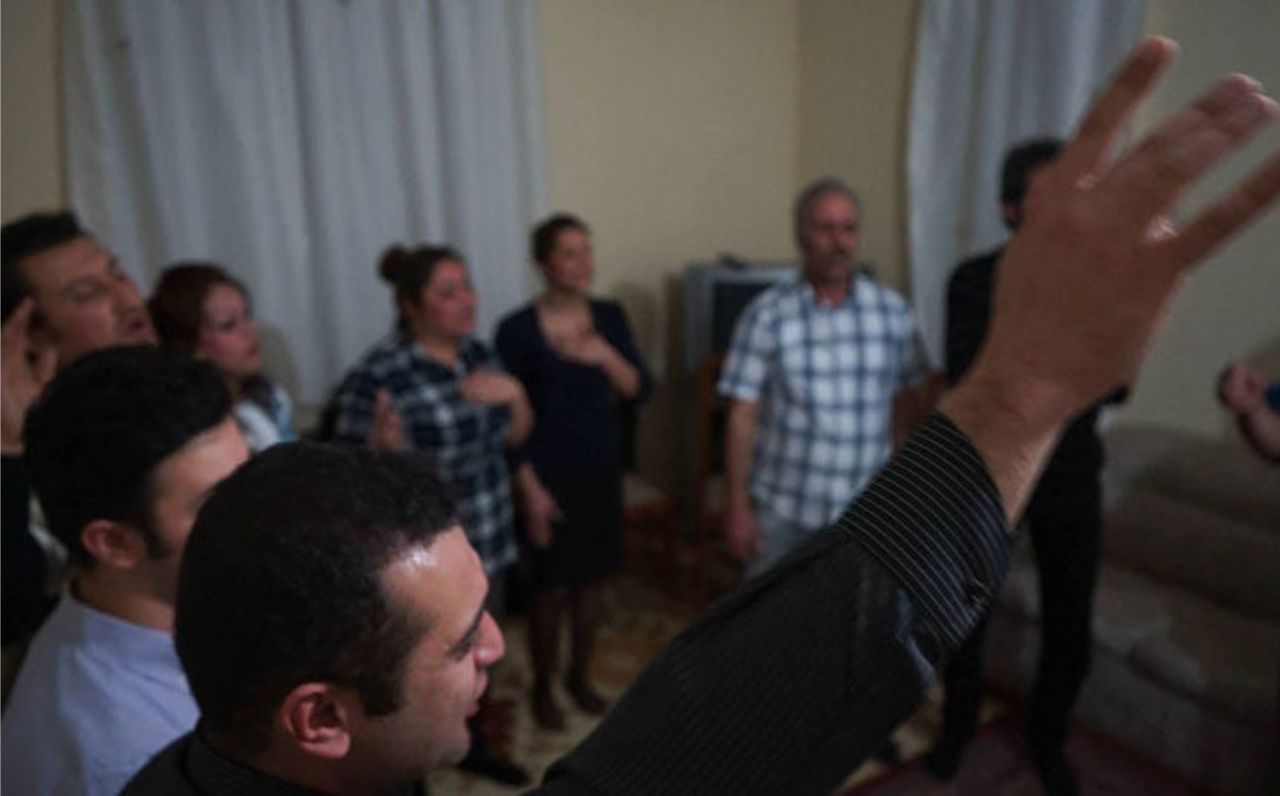 Report Highlights Rights Violations Against Christians in Iran
Report Highlights Rights Violations Against Christians in Iran Increasing Arrests and Faceless Victims Revealed in Latest Findings.
Middle east

2024 Feb 23
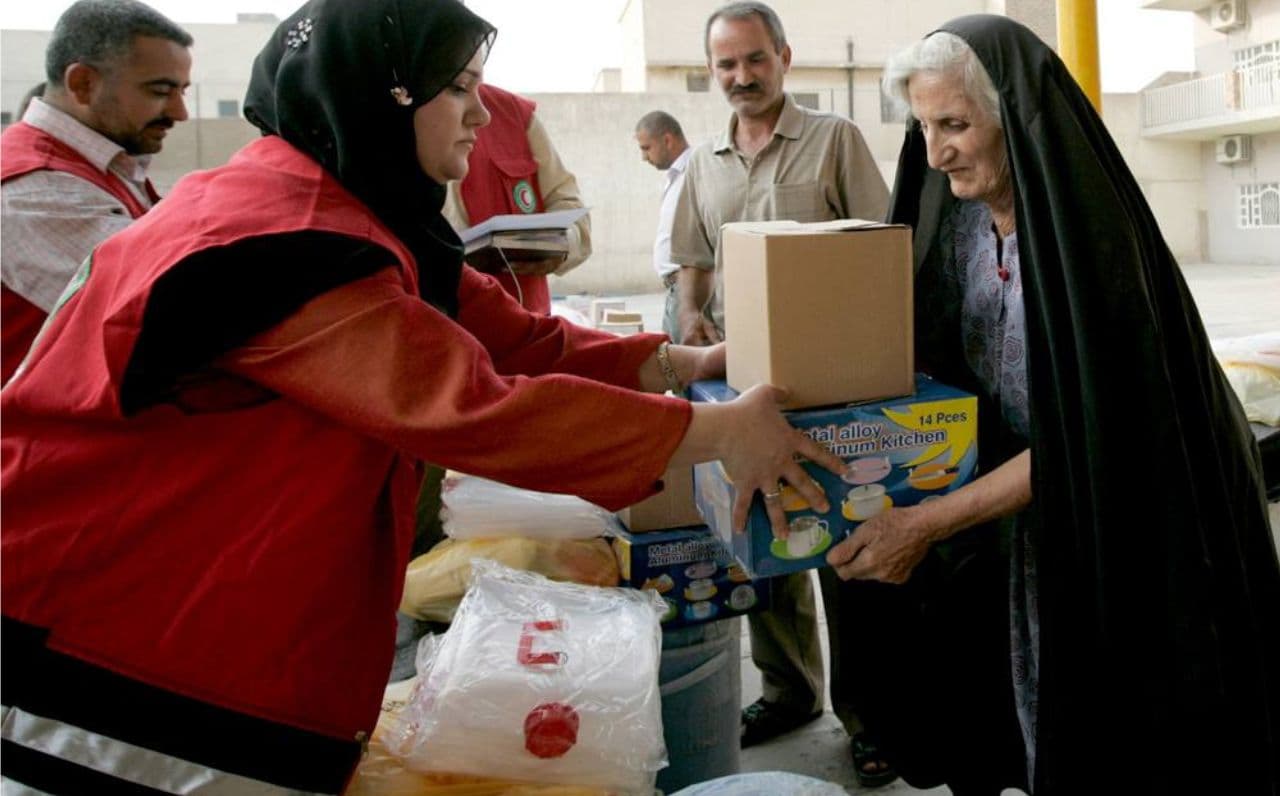 Coalition Strengthens Aid Efforts for Displaced Christians in Iraq
Coalition Strengthens Aid Efforts for Displaced Christians in Iraq Uniting to Provide Crucial Assistance Amid Ongoing Challenges.
Middle east

2024 Feb 19
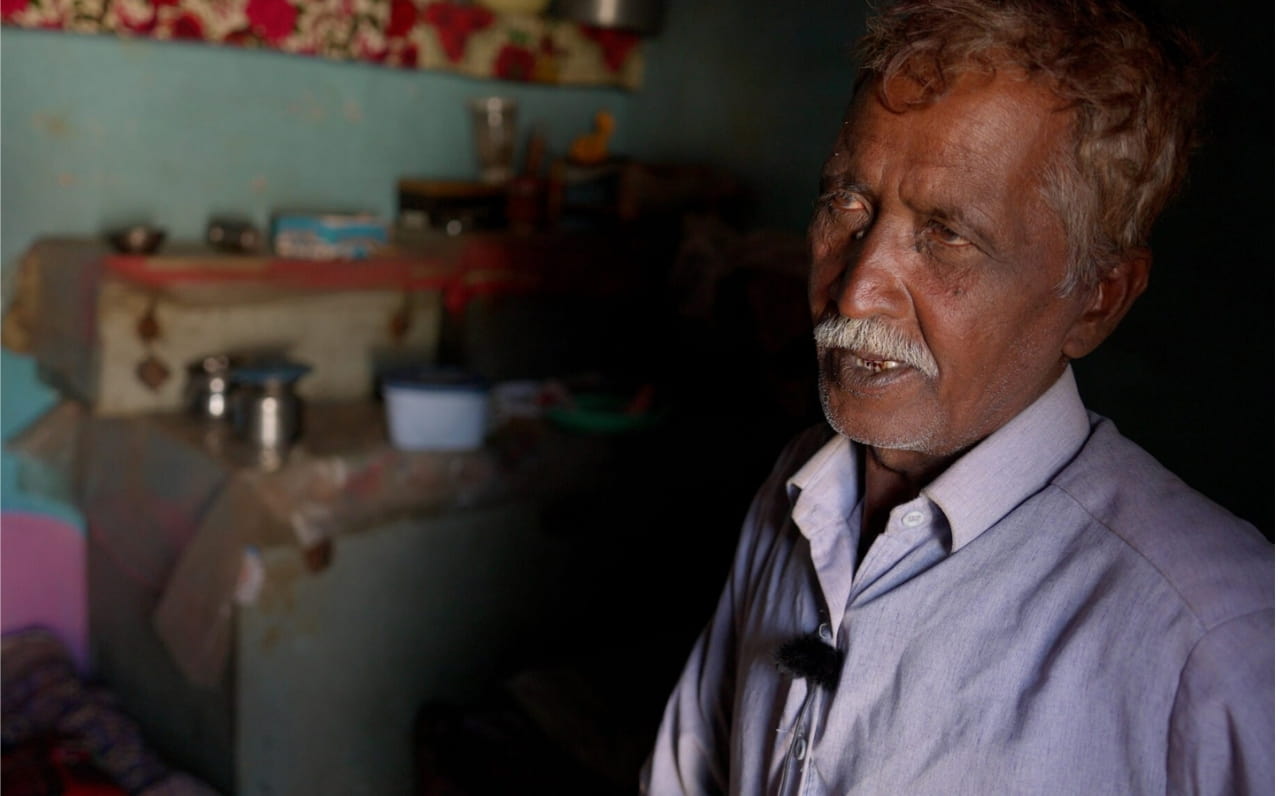 The Chains of Forced Labor and Persecution
The Chains of Forced Labor and Persecution Slavery Grips Pakistan's Christian Minority.
Middle east

2024 Jan 27
Concerns about the detrimental impact on civilians and IDPs.
Middle east

2024 Jan 26
Increasing deportation of Afghan immigrants from Iran and Pakistan.
Middle east

2023 Dec 02
